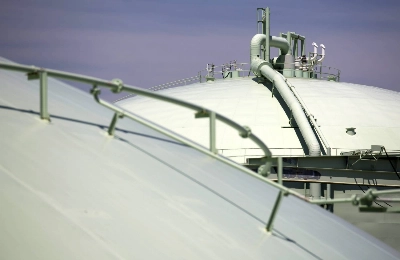The long-thwarted hopes and dreams of the East Timorese people were realized when their country was born at midnight Sunday night. The celebrations were spectacular, but they were also tinged with fear: The world's newest nation faces daunting challenges. Fortunately, East Timor enjoys widespread support in the international community. That support must not flag in the years ahead; there is considerable work to be done and while the chief burden must be born by the East Timorese themselves, they will only succeed with patience and help from the rest of the world.
The people of East Timor are accustomed to hardship. The country was a colony of Portugal for more than 400 years. More than 200,000 people -- one-quarter of the population -- were killed by fighting, famine and disease after Indonesia invaded in 1975 and annexed it as a province the following year. Jakarta was largely indifferent to the lives of the East Timorese; the fact that the residents are largely Roman Catholic distanced the province from the central government. The East Timorese people's determined commitment to independence yielded a guerrilla movement that the Indonesian government fought with little concern for the costs to the civilian population.
That repression created martyrs and heroes. One of them, Mr. Xanana Gusmao, a former seminary student and poet, has been the rallying point of East Timorese aspirations. He was released from jail in 1999, after seven years' imprisonment, and was elected president of the country-to-be in elections held earlier this spring. Mr. Gusmao led the independence celebrations, but now he and the rest of the Timorese government turn to the formidable challenges that lie ahead.
















With your current subscription plan you can comment on stories. However, before writing your first comment, please create a display name in the Profile section of your subscriber account page.